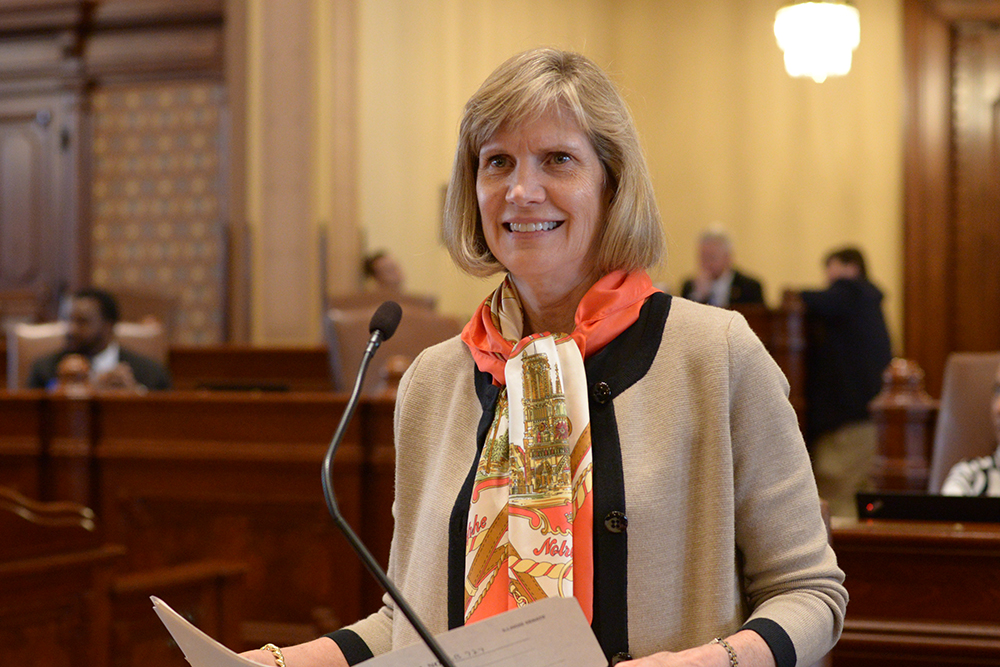
OAKBROOK TERRACE – Illinois now has new laws in place to encourage residents to pursue vocational training programs.
State Senator Suzy Glowiak Hilton (D-Western Springs) supported three new laws that will help expand and attract students to vocational and apprenticeship programs to help expand the state’s economy.
Glowiak Hilton, an engineer herself, passed a new law that will require the Department of Commerce and Economic Opportunity to conduct a study on the potential expansion of apprenticeship programs.
The study outlined in Senate Bill 2024 will focus on underserved communities with high unemployment. The Commerce Department will report its findings and recommendations to the General Assembly by June 1, 2020.
“This study will ensure that the state dedicates more time to research how we can better meet the needs of employers across Illinois, Glowiak Hilton said. “Our goal is to ensure the state’s workforce is meeting the needs of employers to maximize opportunities to grow our economy.”
Glowiak Hilton also supported two measures to increase enrollment in apprenticeship and workforce development programs in Illinois.
The first, Senate Bill 1167, creates the Adult Vocational Community College Scholarship Program, administered by the Illinois Student Assistance Commission. The program would help support non-traditional students. The scholarship would be enough to cover the cost of tuition and fees to attend the community college without exceeding $2,000 per recipient per academic year.
“This new program will open up the doors for non-traditional students who are struggling with the costs of vocational programs,” Glowiak Hilton said. “Removing financial blocks will help equip Illinois workers with the training to be successful in jobs of the future.”
The second, Senate Bill 1591, creates a tax credit of $3,500 to incentivize employers to assist apprentices with tuition at Illinois community colleges. The credit is limited to employers engaged in a registered apprenticeship program with the U.S. Department of Labor.
“By investing in our workforce’s education, we are investing in our state’s future and economic prosperity,” Glowiak Hilton said. “Let’s continue to work together to ensure workers are ready to meet the needs of the companies of the 21st century and beyond.”
Fifty-three percent of Illinois jobs require more than a high school degree but less than a four-year college degree, yet only 43 percent of Illinois workers are trained at that level.
These measures received bipartisan support. Senate Bill 1167 goes into effect on Jan. 1, 2020 while Senate Bill 1591 and Senate Bill 2024 go into effect immediately.













 © 2026 Illinois Senate Democratic Caucus
© 2026 Illinois Senate Democratic Caucus